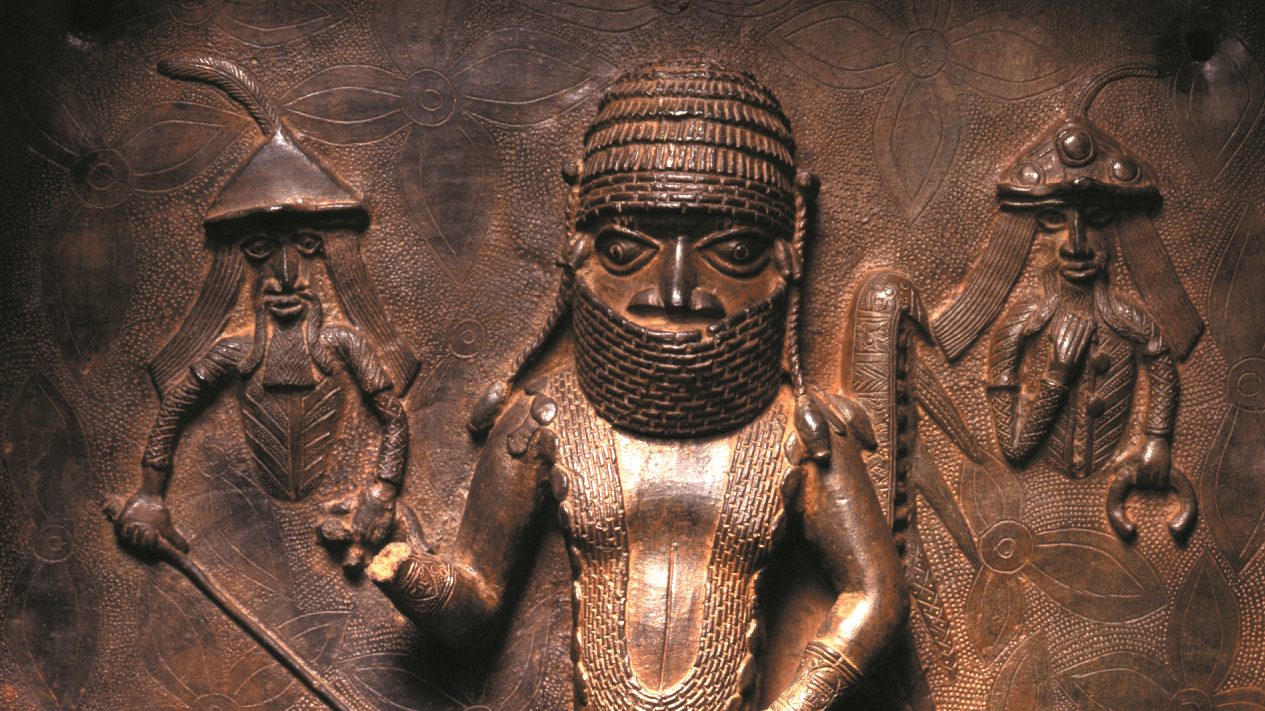Charity law change paves way for disposal on moral grounds

An upcoming change to charity law in England and Wales will give national institutions leeway to dispose of objects on moral grounds, according to the Institute of Art and Law (IAL).
Under current legislation, charity trustees are able to seek authorisation from the Charity Commission if they feel compelled by a moral obligation to make a transfer of charity property – a voluntary gesture of goodwill known as an ex gratia payment.
The ex gratia principle was recently used by the Horniman Museum and Jesus College, Cambridge, to successfully apply for approval to transfer their Benin bronze holdings to the Nigerian authorities.
However, almost all national institutions are unable to make ex gratia transfers because they are governed by statute that prohibits them from deaccessioning collection objects, with few exceptions. This has long been a legal obstacle in discussions around restitution.
A provision in the Charities Act 2022, which is due to pass this autumn, will allow the trustees of those institutions to seek authorisation from the Charity Commission for ex gratia transfers.
Another provision in the legislation allows charity trustees to make ex gratia transfers of low-value property without having to first seek authorisation from the Charity Commission. The value threshold will be dependent upon the gross income of the charity.
The 2022 Act will also change the test for determining moral obligation from a subjective one based on the trustees’ own belief to an objective one based on a reasonably held belief, allowing greater scope for trustees to delegate decision-making.
The legislation applies to museums that were established by statute or as charitable trusts.
In a report about the new legislation, IAL director Alexander Herman said: “For those who know the longstanding debate around restitution in the UK, this may come as a surprise. It has long been said that most national institutions were unable to return collection objects due to restrictions imposed by statute […]
“The change affecting trustees of national museums is remarkable. It will effectively override a 2005 decision from the High Court, Attorney General v. Trustees of the British Museum. In that case, the British Museum trustees sought clarification from the attorney general, who himself sought a decision from the court, as to whether the trustees could return property based on a moral obligation [...] But the court was categorical that the trustees could not use the ex gratia principle to circumvent the restriction on disposals set out in the British Museum Act 1963.”
Herman continued: “This [change] means that trustees of national museums will soon be able to seek authorisation through section 106 to return collection objects if they are motivated by a moral obligation to return – and for low-valued objects, under section 331A, they would be able to do so without authorisation. Either avenue might be useful, depending on the case, for instance in relation to objects looted or stolen many years earlier, where a legal claim has expired (e.g. through the operation of the limitation period), but the ‘moral claim’ remains strong.”
Herman emphasised that ex gratia payments remain at the discretion of trustees and cannot be forced by a third party, such as a claimant seeking restitution.
He said the change would not lead to the restitution of “vast amounts of museum material” because ex gratia power can only be used in rare cases.
“It is often said that morality changes faster than the law,” said Herman. “Here we have an example of the law playing catch-up: or at least, very shortly, allowing decision-makers of national institutions to be guided by their moral sense of right and wrong, rather than be faced with a strict legal impediment which banishes morality to the sidelines.”
Sharon Heal, director of the Museums Association, said: “We welcome this new law which could pave the way to facilitate museums returning items from their collections to communities of origin. There has been a sea change in attitudes and practice in this area over the past two years in particular with many museums working closely in dialogue with communities here and abroad to support restitution and a deeper understanding of the stories and origins collections.
“The Code of Ethics for museums says that museums should deal sensitively and promptly with requests for repatriation both within the UK and from abroad. Hopefully this legislation will make it possible for more museums to follow this guidance.”
The news follows the publication of Arts Council England’s new guidelines on repatriation and restitution in August.
A more detailed analysis of the legislation by Alexander Herman will be published in the October 2022 issue of the law journal Art Antiquity and Law.
